Quartz’s 2019 Obsessions
When Quartz started its Machines with Brains obsession in 2015, Alexa was just a year old. IBM’s Watson may have won at Jeopardy, but humans were still world champions in poker and Go. Just a few years later, and AI is everywhere—from roads to hospitals to our every online experience. Machines with Brains, which has explored the AI powering everything from artificial limbs to the modern workplace, continues to evolve: It is today focused on facial recognition, driverless cars, and algorithmic bias.


When Quartz started its Machines with Brains obsession in 2015, Alexa was just a year old. IBM’s Watson may have won at Jeopardy, but humans were still world champions in poker and Go. Just a few years later, and AI is everywhere—from roads to hospitals to our every online experience. Machines with Brains, which has explored the AI powering everything from artificial limbs to the modern workplace, continues to evolve: It is today focused on facial recognition, driverless cars, and algorithmic bias.
For this year, Quartz has identified 14 global obsessions that represent the evolving phenomena around which we organize our newsroom in lieu of traditional beats, and through which our journalists understand the world. The obsessions are perhaps best thought of as a series of declarations: Machines are getting smarter, screens are proliferating, tech giants are acquiring unprecedented power, technology is upending finance, the next global recession is coming, China is increasing its dominance, space is the next frontier of wealth and geopolitics, climate change poses major problems yet also innovative solutions, “playing god” is becoming a medical reality, science and technology are changing how we learn, the world is rethinking how and what it eats, and automation is disrupting the human workforce.
Considered together, these phenomena illustrate a world on the cusp of unprecedented technological advancement, potential environmental disaster, geopolitical transformation, and financial and economic sea change. Our obsessions contend with these shifts; the political, economic, scientific, and human questions they raise; and the people, companies, and ideas trying to answer those questions. By obsessing, we separate signal from noise to tell the stories we see on the horizon. —Kira Bindrim

MACHINES WITH BRAINS
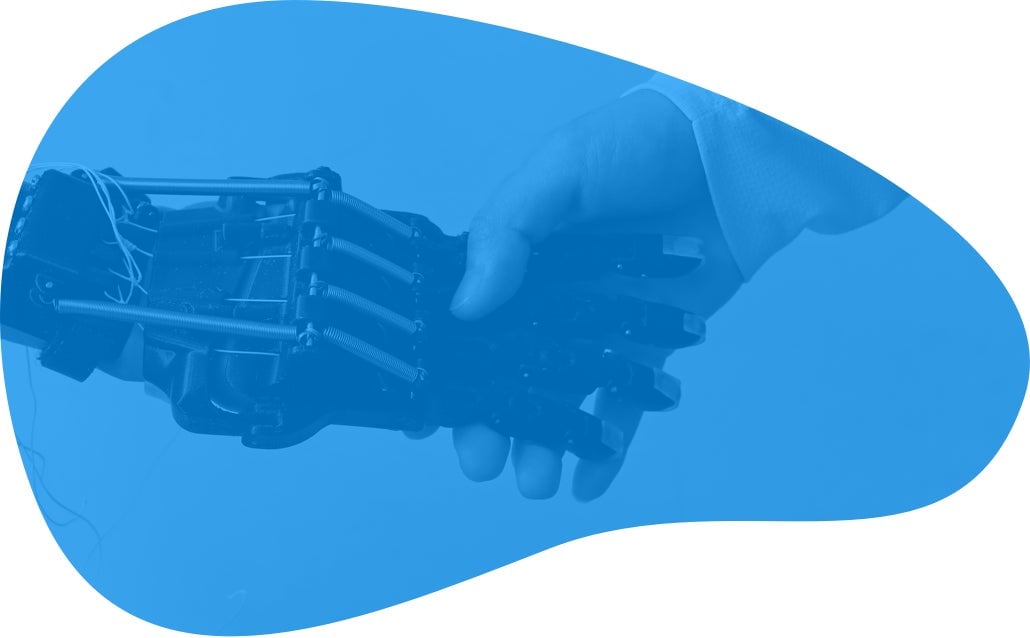
The slow march of increasing automation is only getting faster: Robotics are replacing human workers in factories, cars are beginning to drive themselves, the number of smart-home devices is skyrocketing, and billions of people have access to virtual assistants. Robots and artificial intelligence are also upending everything we believed about what it means to be human: Human brains now power robotic limbs, chatbots act as our digital replicas, and AI is helping the blind to see. But for every step toward a smoother, more automated world, there are new outcomes to consider. What does automation mean for human jobs? How do we contend with car accidents that don’t involve drivers? Are the facial-recognition systems in your internet-connected doorbell susceptible to algorithmic bias? This year we’re exploring an inflection point around the degree to which AI is a part of our everyday lives, and the questions that the personalities and companies behind that inflection point will need to answer. —Mike Murphy
GLASS
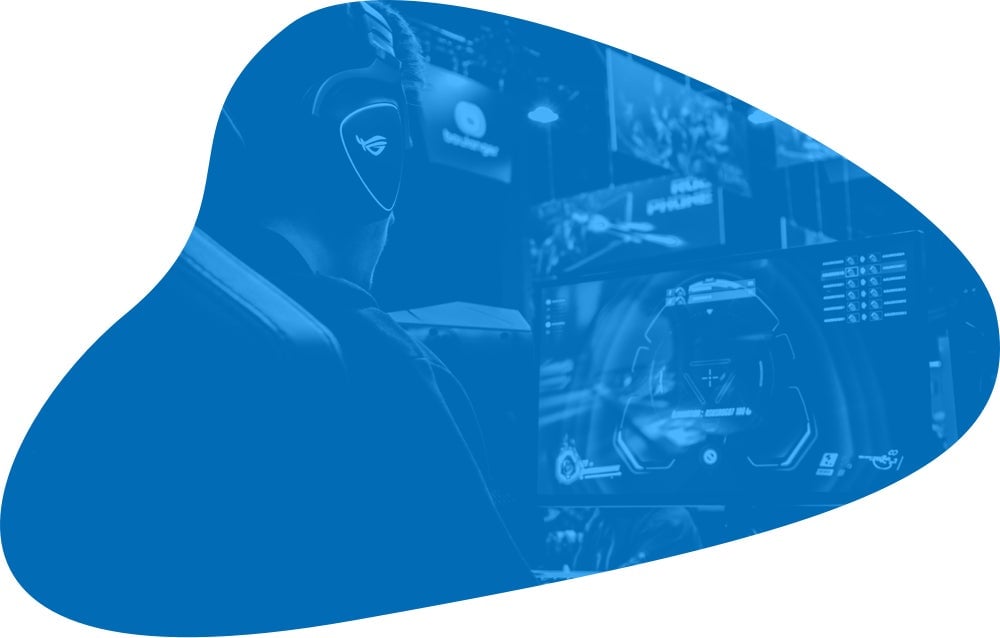
Companies like Netflix and YouTube changed the way people think about video. Today, we have more platforms, subscriptions, apps, and devices to consume content on than many of us know what do with. Apple, Amazon, and Facebook are vying to become the gateways to that content and thousands of miles from Hollywood, Chinese live-streaming platforms are creating entirely different models for storytellers. All of this has wide-reaching implications for what we see, how we access it, and how far into our wallets we’ll have to dig. Can Netflix prove its business model before Disney, WarnerMedia, and others steal more market share? Will MoviePass ever get its act together? Will the new bundle be any better than the old bundle? And how will the content gold rush change storytelling globally? —Ashley Rodriguez
FUTURE OF FINANCE
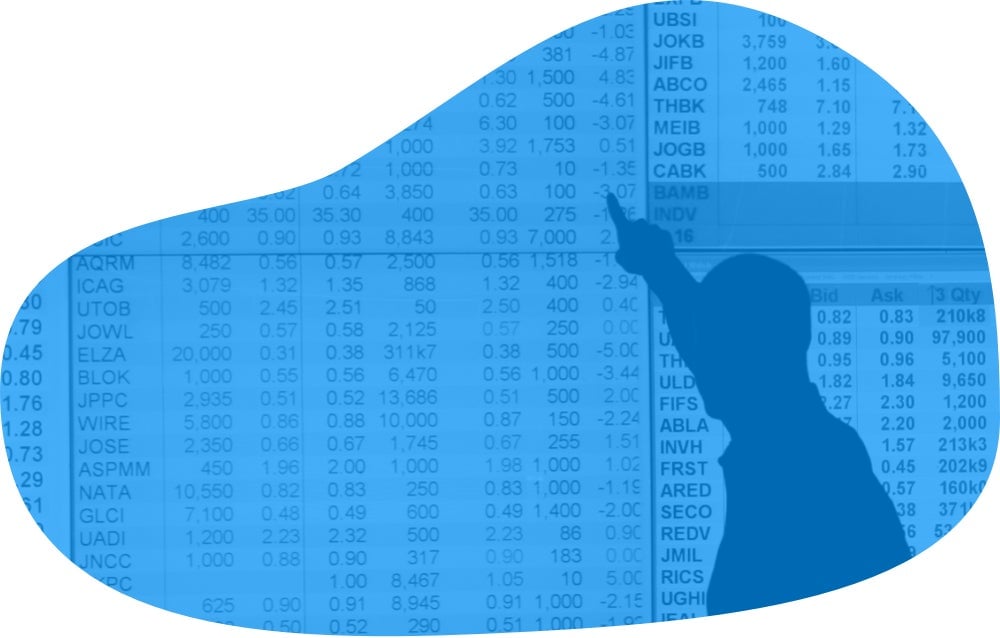
Trade and money are as old as human civilization, but they’re being reinvented faster than ever in the digital economy. Investors are pouring a record amount of money into the financial technology boom, funding everything from neo-banks to new ways of taking out a mortgage. What was once the provenance of suit-wearing bankers is being challenged by mega technology companies like Google and Tencent, as centuries-old lenders compete for customers, coders, and data scientists. Paper money is becoming obsolete in some geographies, while in others cash is more popular than ever. This year we’re exploring the tech titans, longstanding financial institutions, and hard-charging digital natives dominating the new world of money made from ones and zeros. —John Detrixhe
CHINA’S INFLUENCE
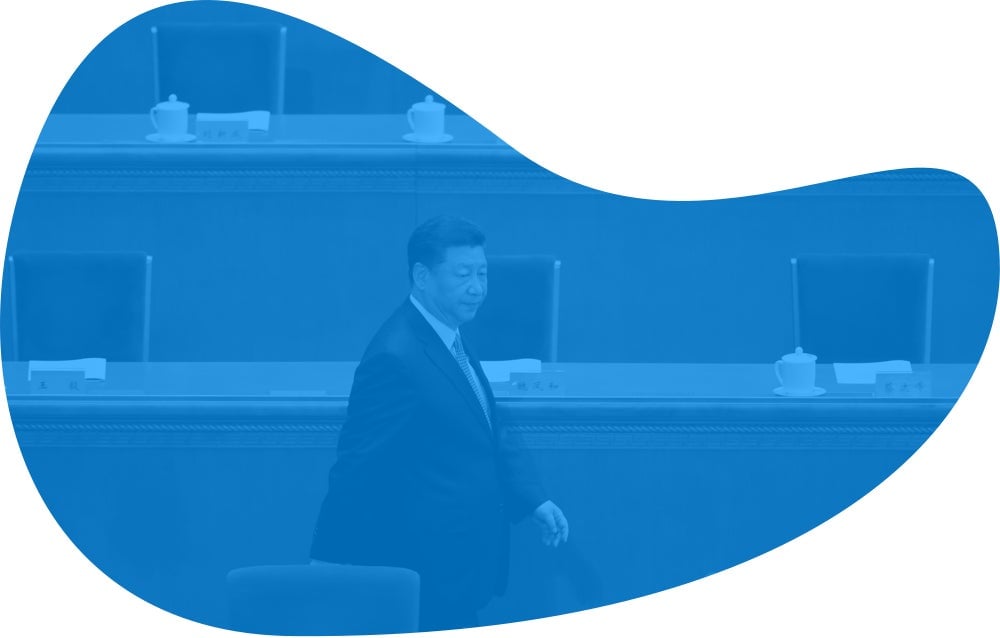
Since Donald Trump’s election, China has taken advantage of the America First ethos by stepping forward as a champion of globalization. But signs that president Xi Jinping plans to rule for longer than recent Chinese leaders, plus reports of mass Muslim detention camps in Xinjiang, actions against student activists protesting sexual harassment and labor violations, and the ongoing US/China trade dispute are renewing unease about China as a global power. This year, the story to watch is the techno-nationalist clash between the US and China, and the company whose fortunes will best illustrate it: Huawei. It’s going to be increasingly hard to separate the fight over trade from the rivalry over who gets to dominate the next generation of technologies. —Tripti Lahiri
SPACE BUSINESS

Satellites are already at the heart of our economy, timing each financial transaction around the world. Now, for the first time, space is becoming attractive to venture capitalists, who are pouring billions into startups that operate in orbit. Moguls like Jeff Bezos, Elon Musk, Richard Branson, and Masayoshi Son are leading extra-terrestrial entrepreneurial efforts. As China flexes its rocket muscles with missions to the moon, the US and European space programs are aiming to maintain their advantage in space exploration. Nuclear proliferation worries in North Korea and Iran have the Pentagon making huge new investments in the space-industrial complex. But it’s the world’s never-ending demand for more data—driven by people and, increasingly, connected devices—that is propelling economic expansion into space: There’s no higher ground from which to gather vital information about everything from climate change to auto production, or to install a world-sweeping broadband internet network. —Tim Fernholz
RACE TO ZERO EMISSIONS
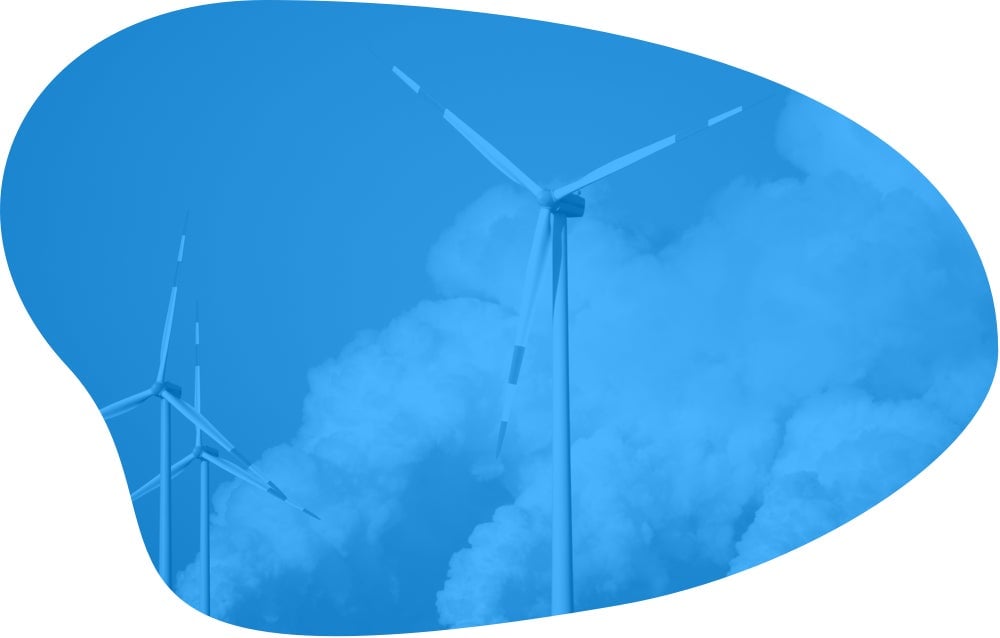
Hardly a day goes by without news on the negative impacts of climate change. It’s clear that no country in the world has done enough to avert serious damages. But that doesn’t mean our fates are sealed. The 2015 Paris climate agreement has galvanized the global community in a way that remains underappreciated. Despite the deal’s weaknesses—it’s voluntary, and relies on peer pressure for continuity—it sent a loud and clear market signal. The upshot is that governments around the world are adopting stronger regulations and private investors are pumping in billions of dollars in a bid to build the companies that will get us to zero emissions. What disruptions will these new technologies bring? Will the race unfold quickly enough to save the world from catastrophic climate change? Who will be the winners and losers? —Akshat Rathi
SCIENCE OF LEARNING

What can humans do better than robots? Not math. So how should we reimagine education and learning to be better than machines? Cognitive science can explain how memory, motivation, and learning take place. Technology will continue to disrupt how we access, absorb, and retain information. Only humans can decide how to harness that technology for higher purpose, to make us better learners but also give us the tools and the ambition to tackle the 21st century’s greatest problems: inequality, social disconnection and climate change. —Jenny Anderson
FUTURE OF FOOD

The world’s biggest food companies are researching ways to make frozen pizzas that can prevent Alzheimer’s, blockchain technology is making the food supply safer, and scientists are gene-editing what they think is the perfect tomato. The state of food is constantly in motion, posing all sorts of questions—culinary and ethical—around the evolution of how we feed ourselves on a planet that’s ever changing. The collision of new technology and cuisine is drawing new lines of demarcation defined by preferences, traditions, and scientific inquiry. Nutrition research often uncovers more mystery than truth, and new ways of making age-old foods are forcing people to reconsider just how “close to nature” they actually are. People still wake up every day and ask themselves, “What should I eat?” only to find the answer is often more elusive than it should be. —Chase Purdy
FUTURE OF WORK

It’s a strange time for workers. Automation, advanced manufacturing, and artificial intelligence are threatening to eliminate or reshape nearly every profession. At the same time, the overall productivity of workers appears to be slowing down, keeping economic growth at a creep. The gig economy is ushering in the age of part-time work and redefining what it means to be an employee. The jobs that are being created are changing fast, and increasingly involve either a great deal of education or virtually none—research shows the middle-skill job is disappearing. Aging populations are shifting a huge share of work toward taking care of the elderly. A torrent of data on people and businesses means workers who can understand and process that information are ever more in demand. Employees need to be prepared for the jobs that don’t exist yet, but will be core to the new global economy. This year, we will be examining where these new jobs will come from, and whether they are likely to exacerbate our world of increasing income-inequality. —Dan Kopf

POWERING UP

Technology companies have reached unprecedented levels of wealth and reach around the globe. At the same time, their long-cultivated veneer of acting in the name of good has worn thin, thanks to scandals over data breaches, platform manipulation, and privacy concerns. With the threat of regulation looming, these tech giants are deploying resources to flex their political muscle and regain public trust, while still pursuing growth at all costs. They want to drive our cars, connect our homes, take us to Mars, and help build our cities. Where will they find opportunities? Where will they find the greatest obstacles? —Matt Quinn
PAST THE PEAK
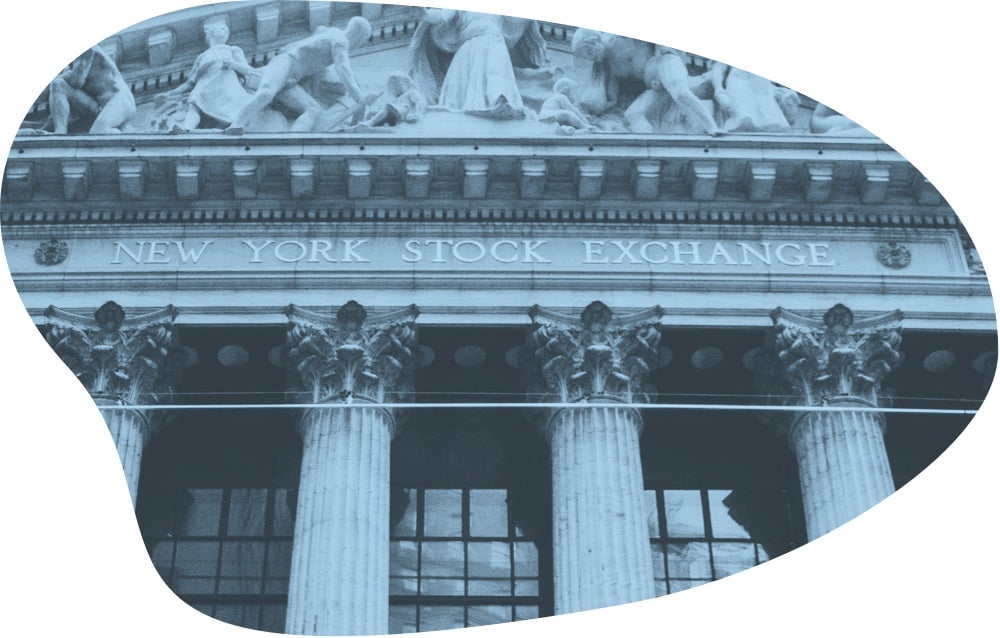
Policymakers like to say economic expansions don’t die of old age but they can be killed, often by monetary- or fiscal-policy missteps. Already, the US Federal Reserve has been accused of raising interest rates too high, and Donald Trump’s ill-timed tax cuts took effect amid weakening credit standards. The US-China trade war is disrupting not just the world’s second largest economy, but also spilling into Europe and emerging markets. Can a global economy that is past its peak avoid crashing into a recession? How can a deceleration be managed in an economy experiencing a weak recovery and worsening inequality? More than a decade after the financial crisis, new cracks are starting to show; we’re looking at all the ways the global economy will need to adjust. —Eshe Nelson
THE SUPERHUMAN CONDITION

Developments in artificial intelligence, gene editing, and advanced computing have led to more breakthroughs in medicine in the past few years than would have been thought possible half a century ago. In short, modern medical science is pushing the limits of what it means to be human. Changes like improved diagnoses and treatments are undeniably good for public health, and are giving rise to new industries and businesses. But reduced mortality and longer lives mean larger populations, which require more resources, like food, water, and energy. And many of the most powerful advances in medical science remain prohibitively expensive for most of the world. This could exacerbate global health inequity if we don’t adequately prepare and adapt. Meanwhile, plummeting costs for computing power and other tech are democratizing the scientific process so that progress can occur within startup spaces, rather than traditional university or government labs. But they also raise questions about whether we really want gene-editing tech, for example, to be in the hands of anyone with $150 and a mailing address, as well as concerns about plunging headfirst into efforts that could save lives today, but could also alter life as we know it in the future. —Katherine Foley

THE NEW LUXURY

A pair of designer sneakers or a pricey logo hoodie, probably made of organic cotton, wouldn’t have belonged in the same sentence as a Louis Vuitton bag not so long ago. Today they can all qualify as luxury items, thanks to shifts happening in what consumers value and how they spend their money. The old signifiers—craftsmanship, quality, heritage—continue to stand. But along with them are new markers, such as community-driven hype and sustainability credentials, that shoppers are using to show off status and represent their values. It’s still a material world, but the rules that govern it are changing. —Marc Bain, Quartzy
THE TALENT ECONOMY

The young and skilled employees of today’s developed nations are waking up to the truth of their own power: They are the resources the world’s largest and most influential companies seek to attract, retain, and exploit, so to speak, to gain an edge in our knowledge-driven global economy. And unlike the products of the manufacturing era, or the raw materials that made titans centuries ago, these resources have the ability to talk back and express their complex needs. Now, as companies compete to build the diverse, compassionate, and transparent near-utopias that employees want to inhabit (even if only briefly), those employees are testing the limits of their authority, reshaping not only the way we learn and work, but how companies behave in the world. This year, we’re tracking the tensions and sharpest ideas that will define this still-developing narrative. —Lila MacLellan, Quartz at Work